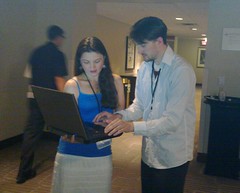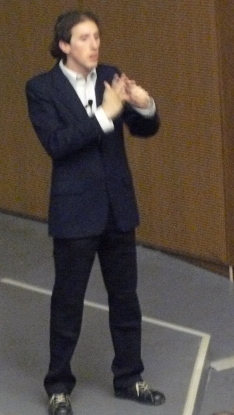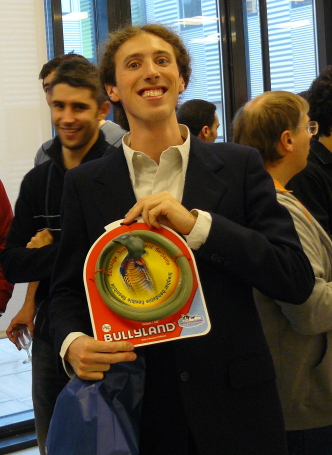Our research in 2016: personal scientific highlights
Year 2016 has been productive for science in my team. Here are some personal highlights: bridging artificial intelligence tools to human cognition, markers of neuropsychiatric conditions from brain activity at rest, algorithmic speedups for matrix factorization on huge datasets…
Artificial-intelligence convolutional networks map well the human visual system
Eickenberg et …






